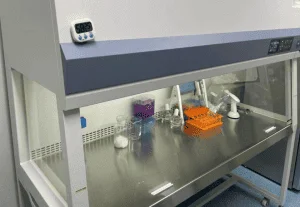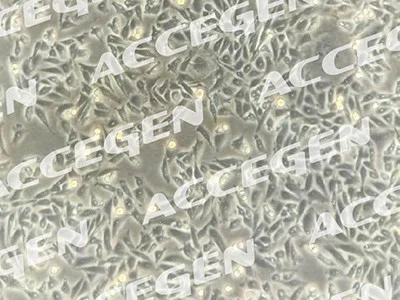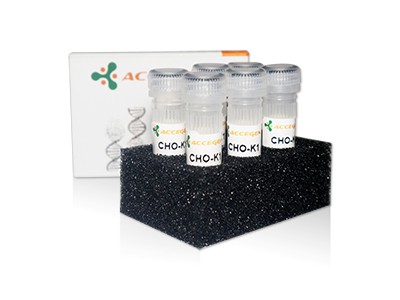Featured Products
Explore Products
- In-Stock Tumor Cell Lines
- Human Orbital Fibroblasts
- Human Microglia
- Human Pulmonary Alveolar Epithelial Cells
- Human Colonic Fibroblasts
- Human Type II Alveolar Epithelial Cells
- Human Valvular Interstitial Cells
- Human Thyroid Epithelial Cells
- C57BL/6 Mouse Dermal Fibroblasts
- Human Alveolar Macrophages
- Human Dermal Fibroblasts, Adult
- Human Lung Fibroblasts, Adult
- Human Retinal Muller Cells
- Human Articular Chondrocytes
- Human Retinal Pigment Epithelial Cells
- Human Pancreatic Islets of Langerhans Cells
- Human Kidney Podocyte Cells
- Human Renal Proximal Tubule Cells



 CHO-K1 cells are a subclone of the CHO cell line, derived from an adult Chinese hamster ovary biopsy in 1957. CHO-K1 cells are widely used in biopharmaceutical production due to their rapid growth, ease of culture, and minimal chromosomal abnormalities. However, they lack the gene for proline synthesis, making them reliant on external proline for growth. These cells exhibit morphological changes in response to cholera toxin and show resistance to Poliovirus, Modoc virus, and Buttonwillow virus. Under specific culture conditions, these cells can be passaged for 10-15 generations, making them suitable for long-term experimental applications. They also express multiple glycosylation genes, which affect the quality of therapeutic proteins.
CHO-K1 cells are a subclone of the CHO cell line, derived from an adult Chinese hamster ovary biopsy in 1957. CHO-K1 cells are widely used in biopharmaceutical production due to their rapid growth, ease of culture, and minimal chromosomal abnormalities. However, they lack the gene for proline synthesis, making them reliant on external proline for growth. These cells exhibit morphological changes in response to cholera toxin and show resistance to Poliovirus, Modoc virus, and Buttonwillow virus. Under specific culture conditions, these cells can be passaged for 10-15 generations, making them suitable for long-term experimental applications. They also express multiple glycosylation genes, which affect the quality of therapeutic proteins.
